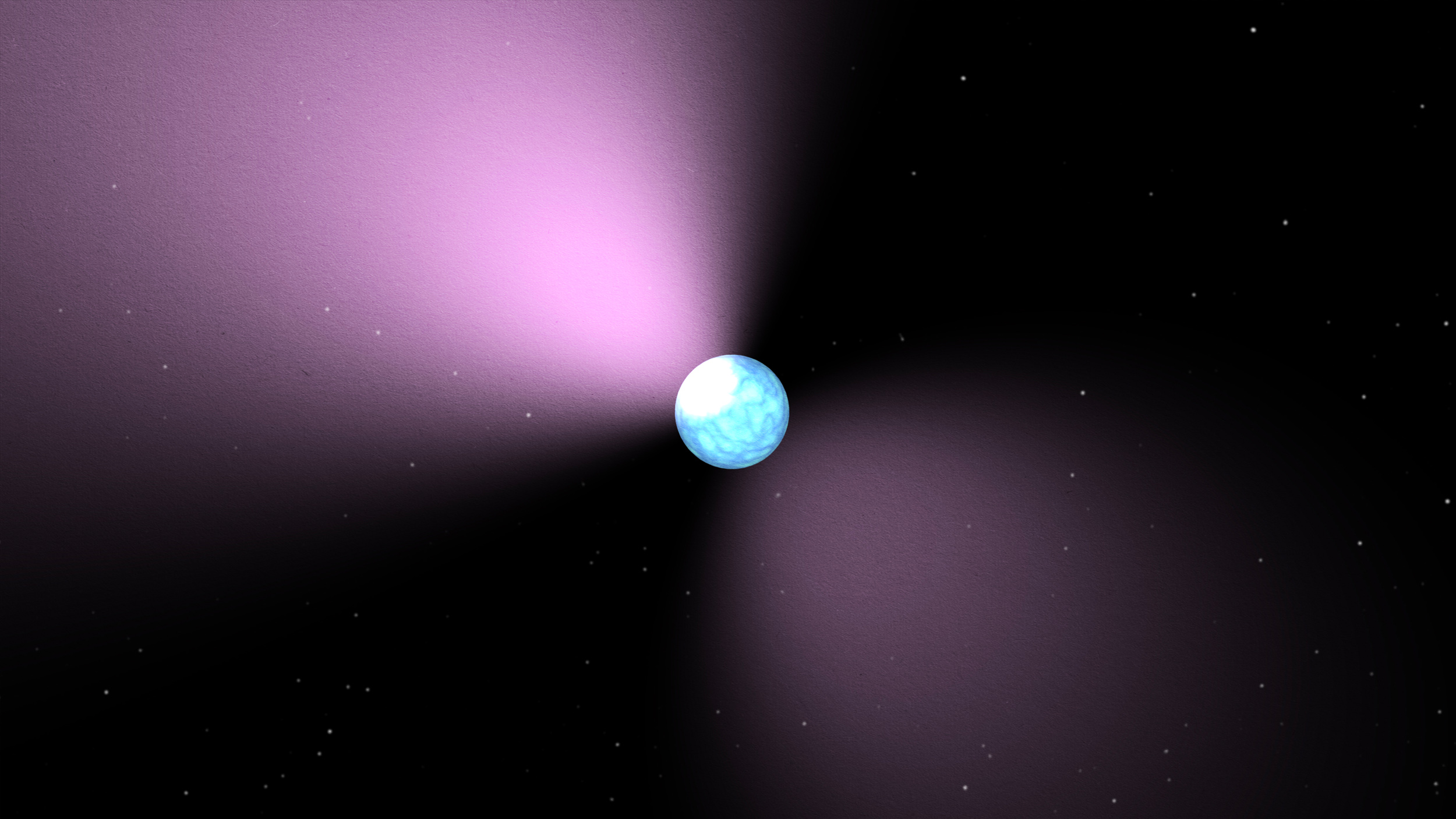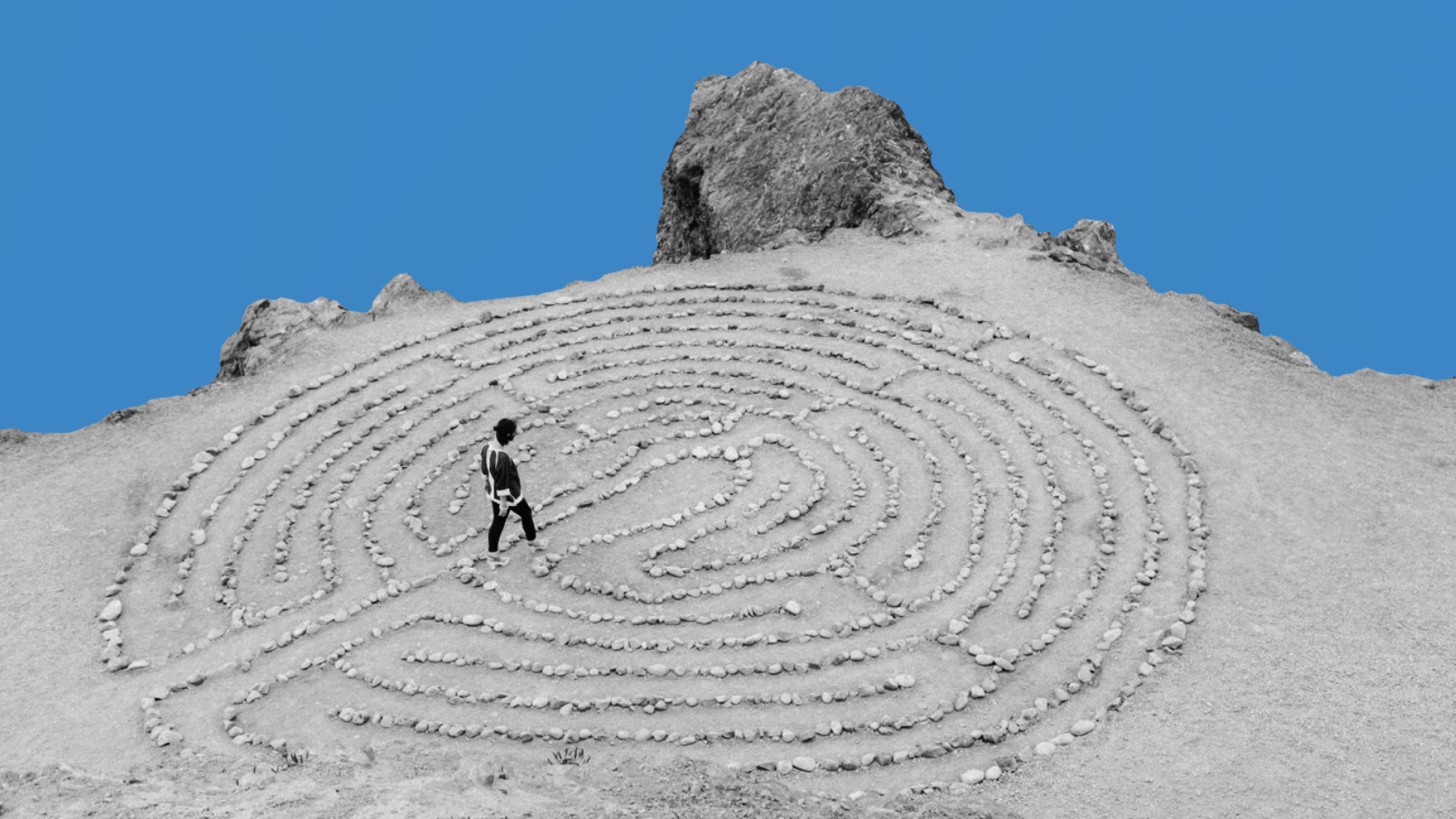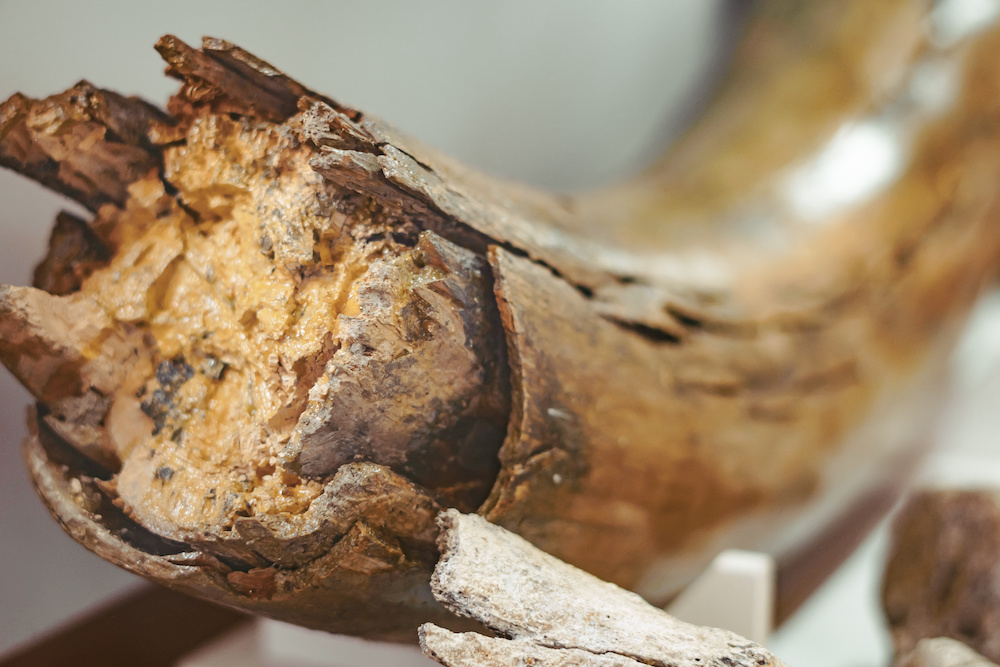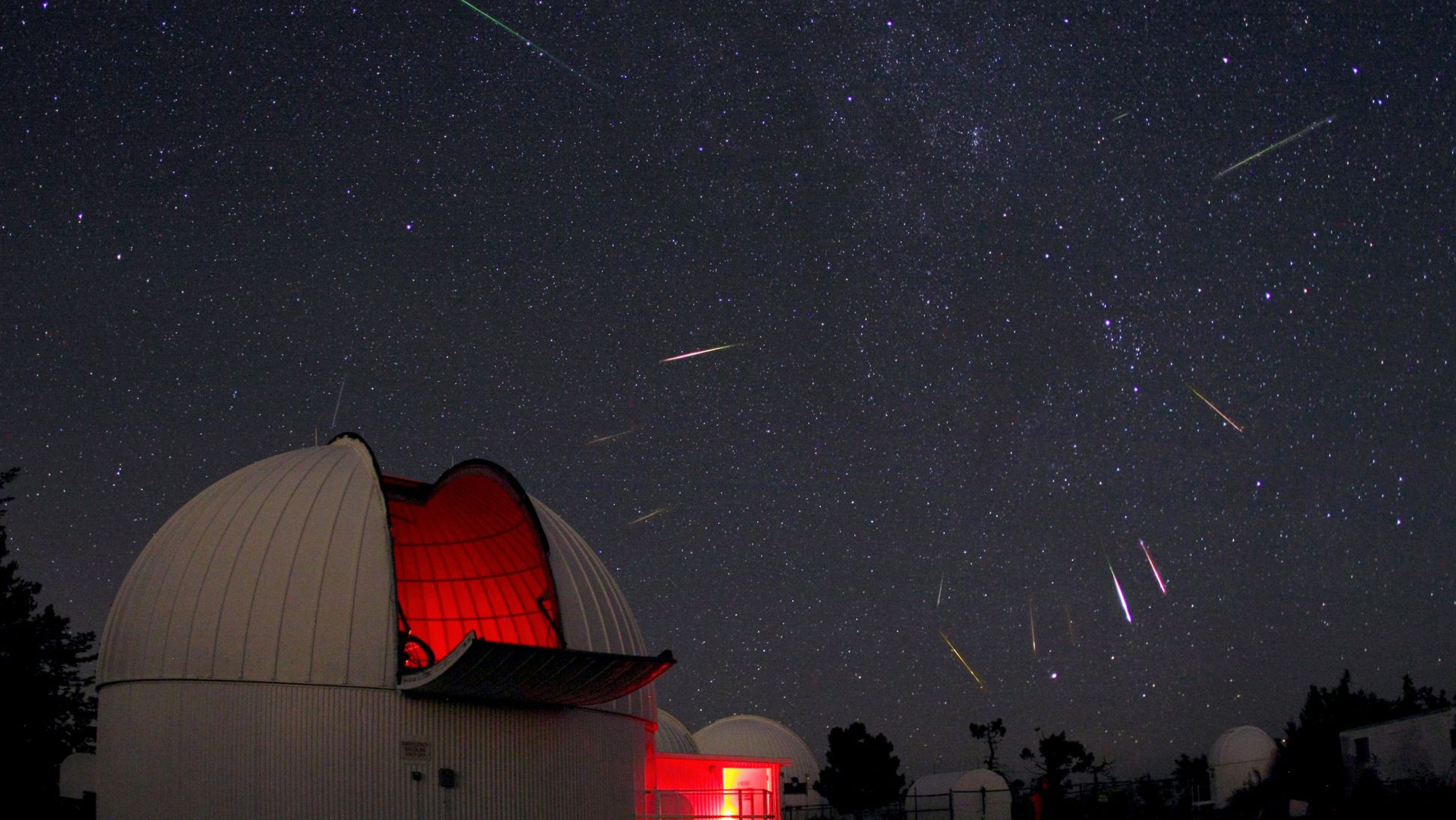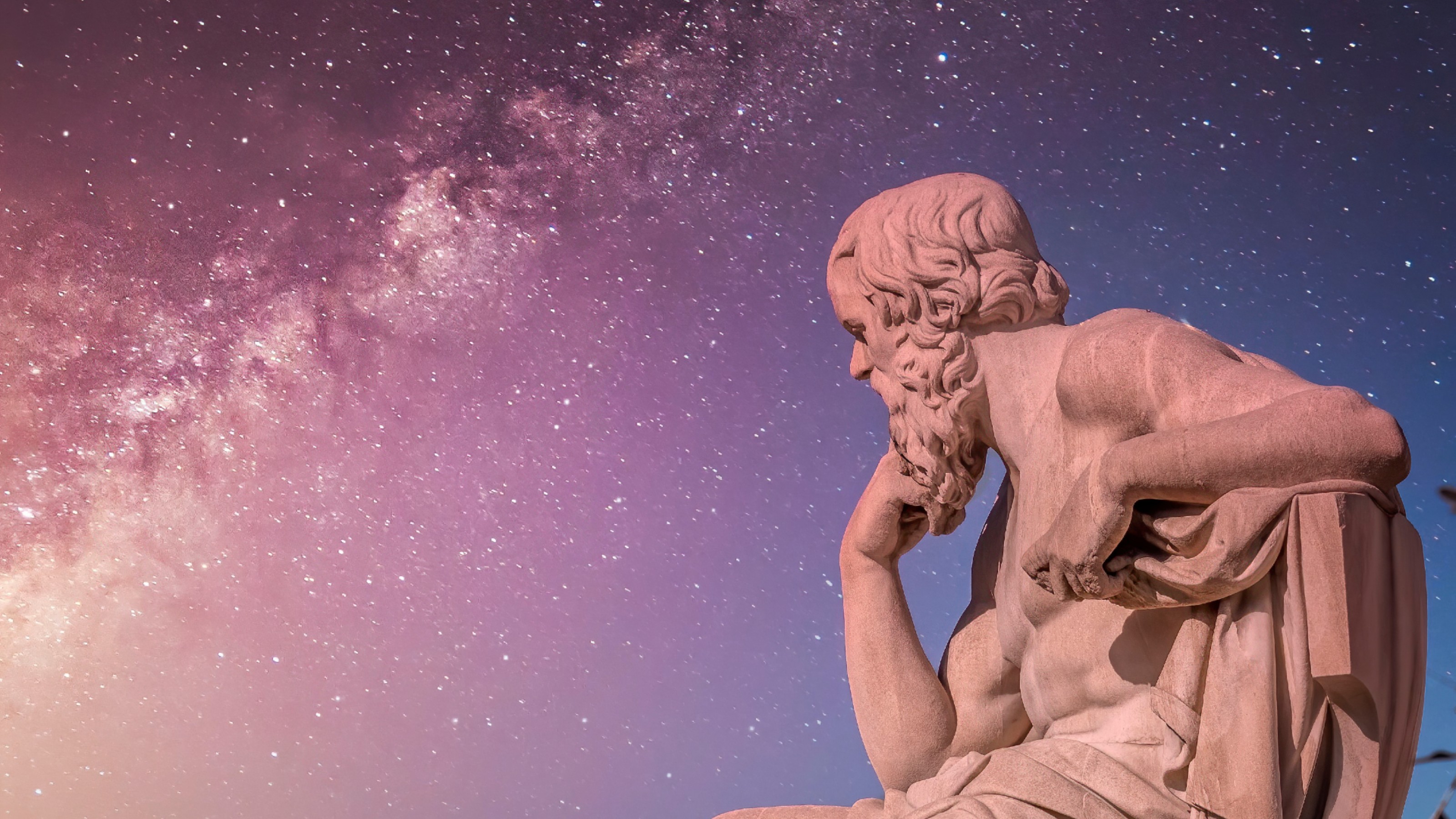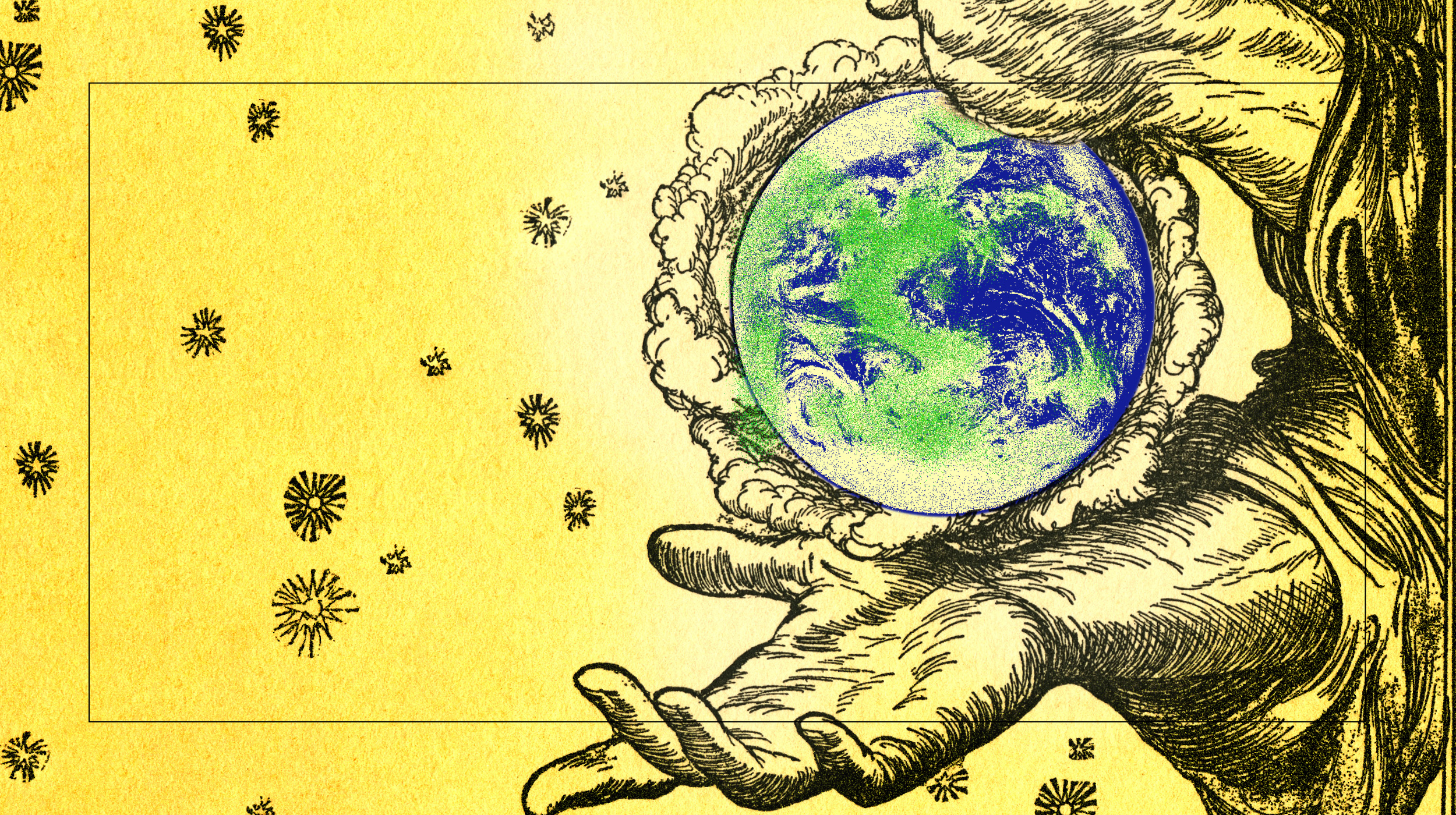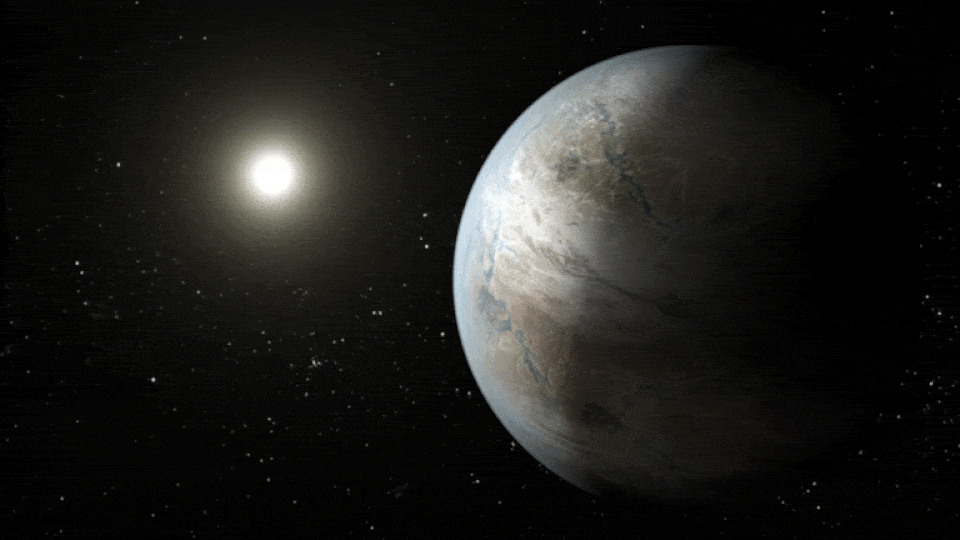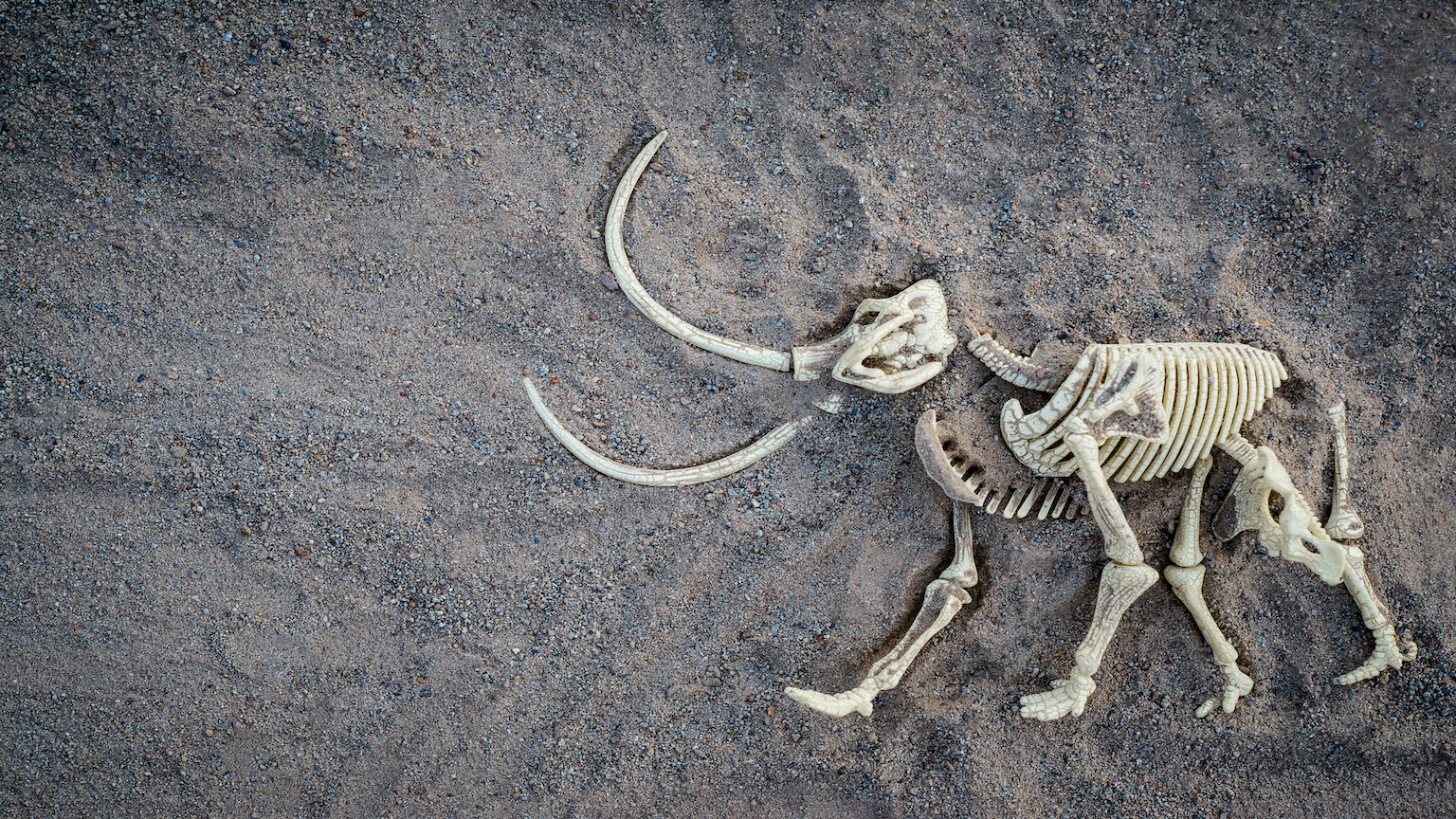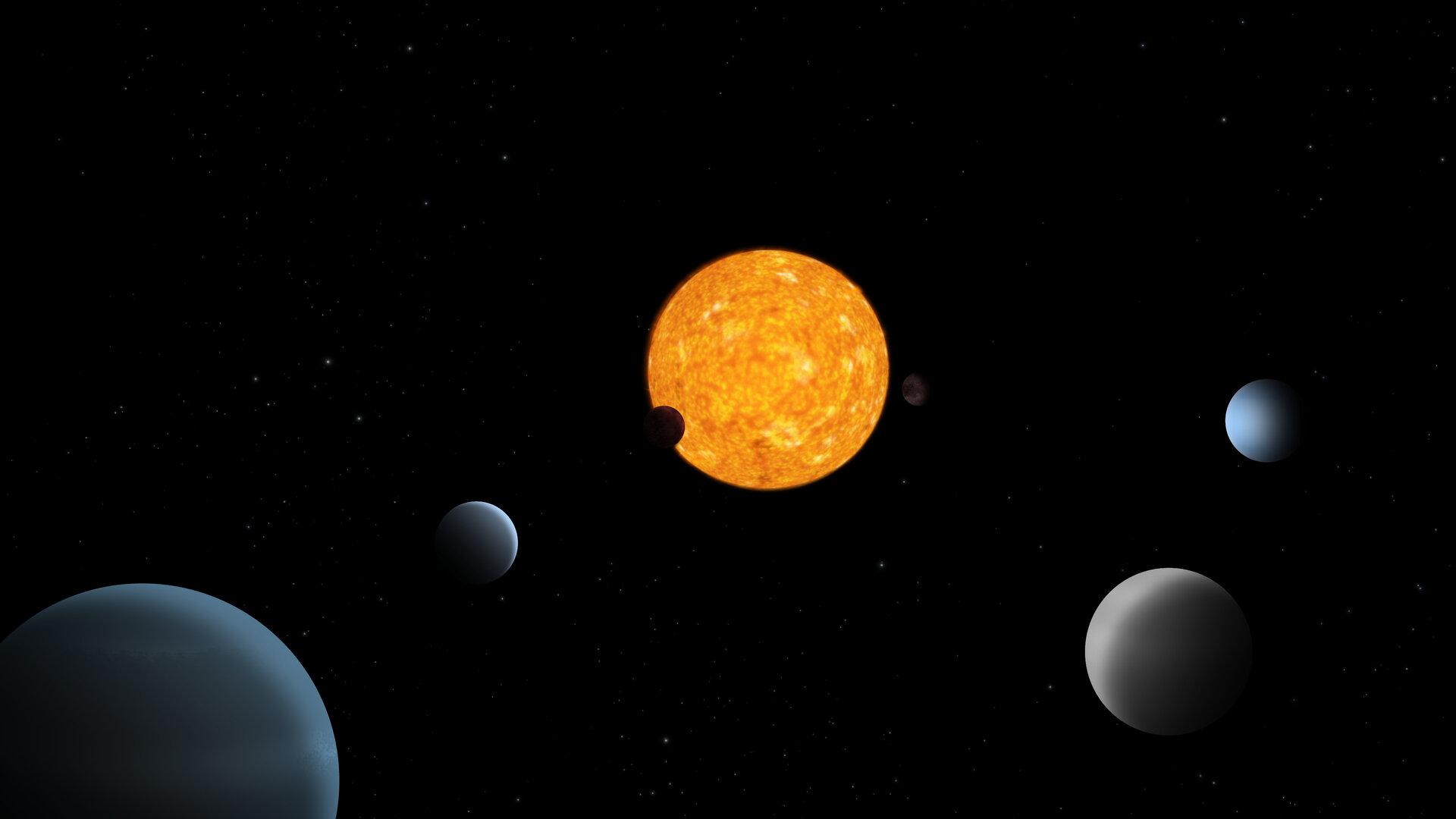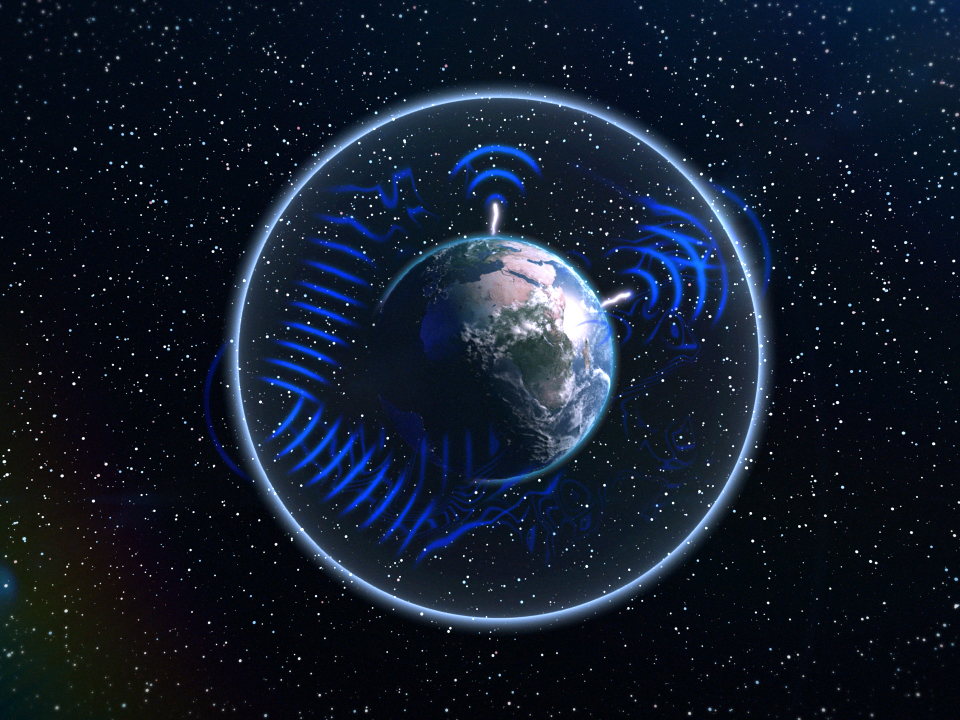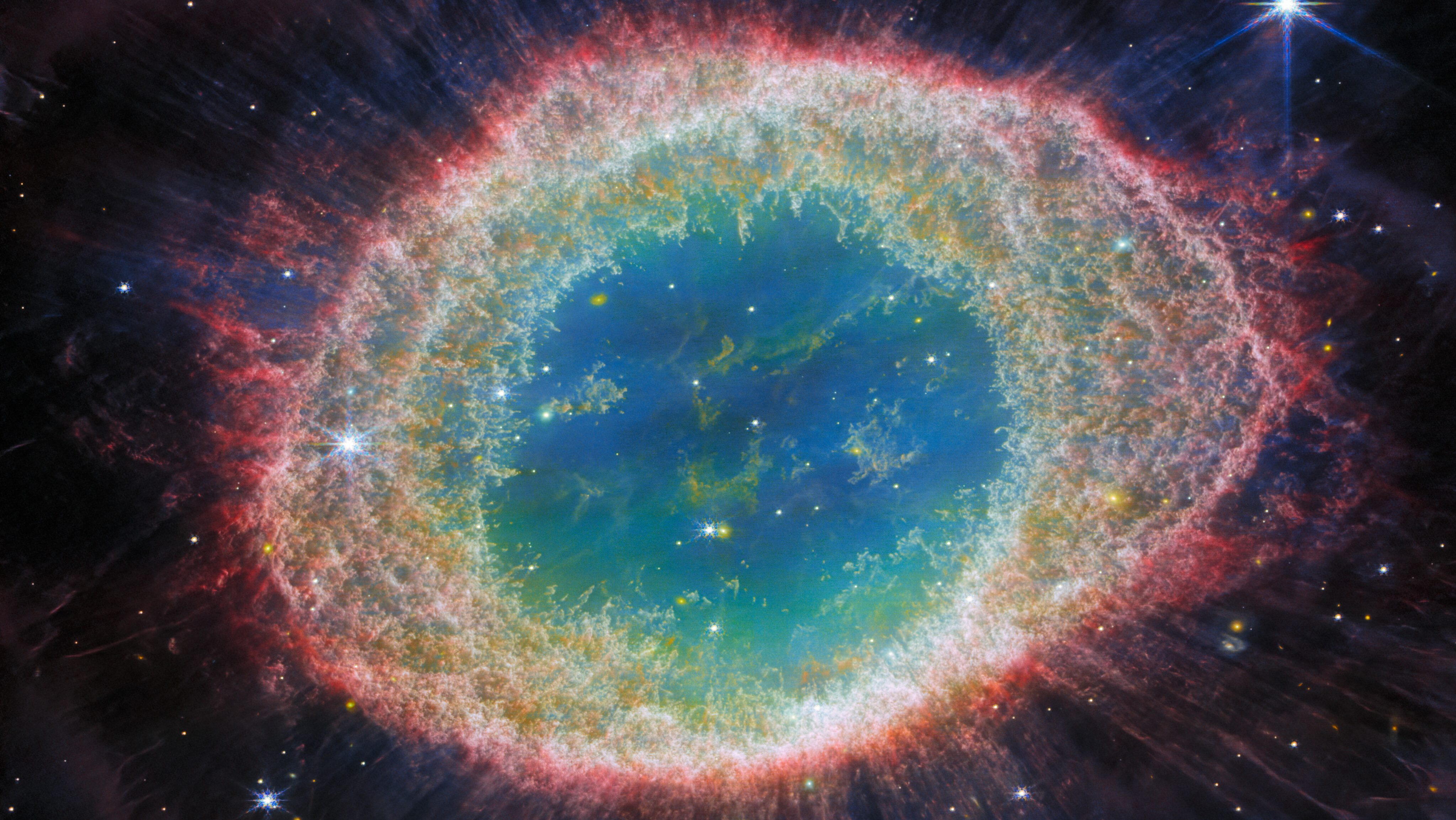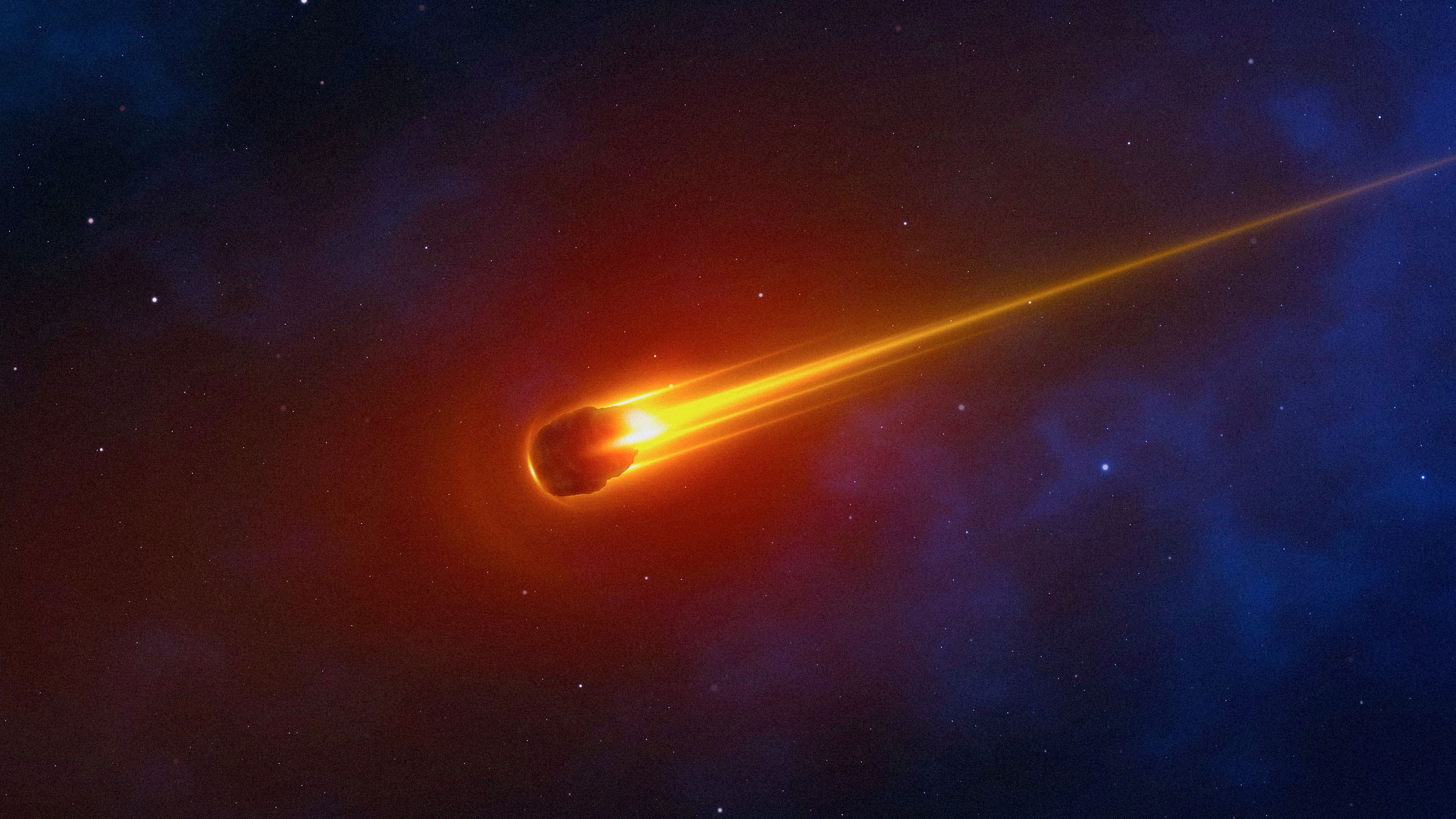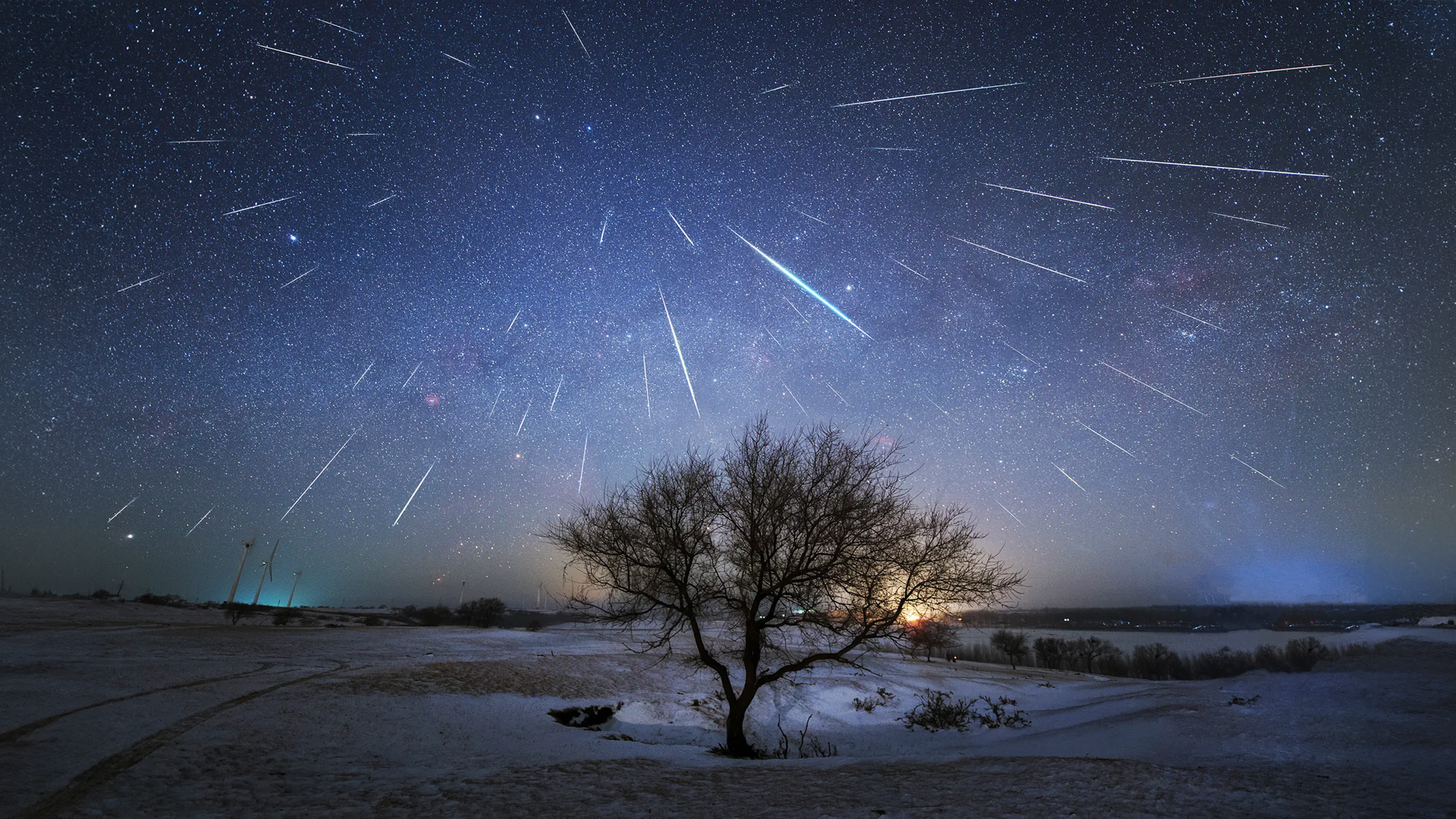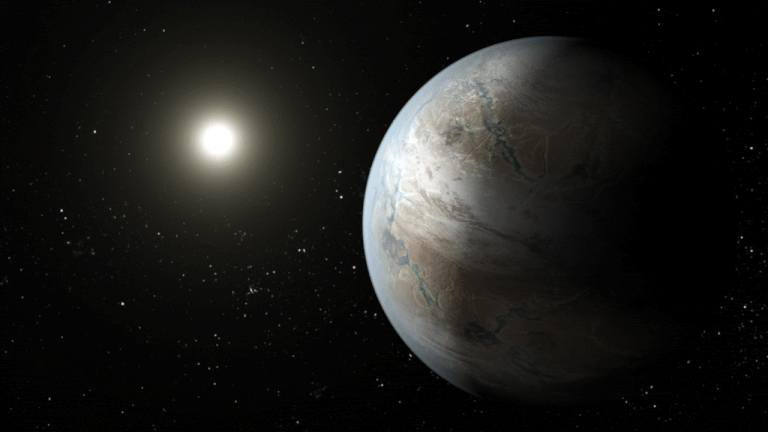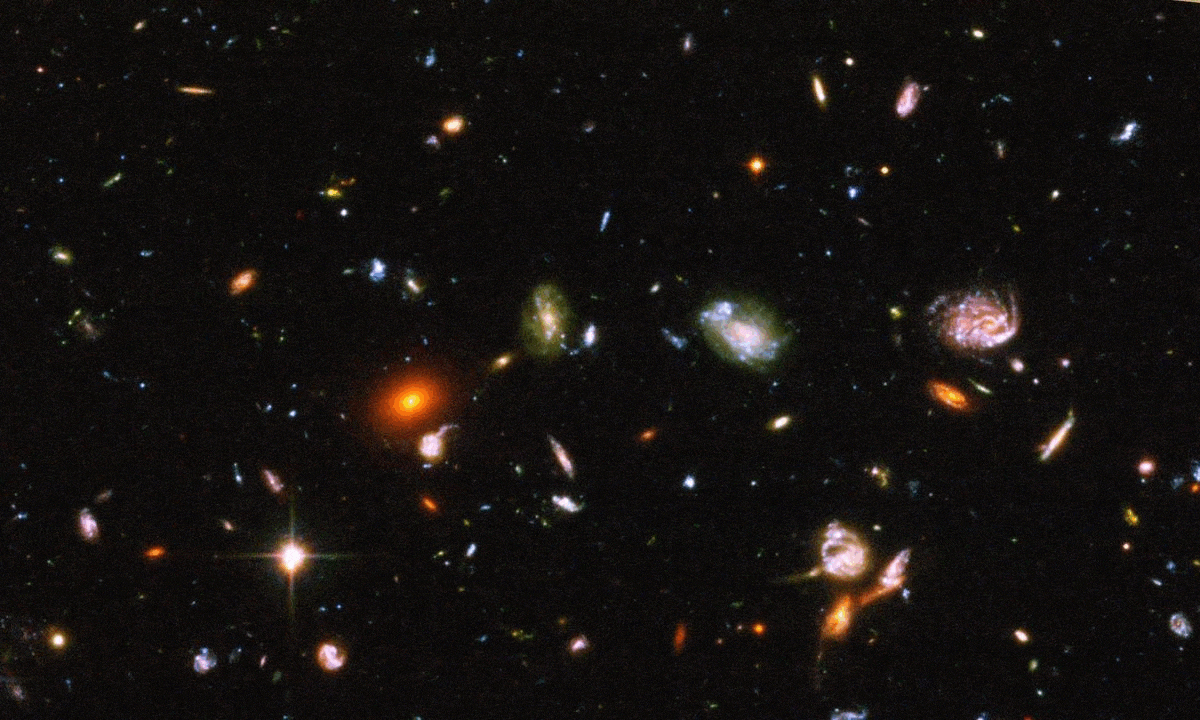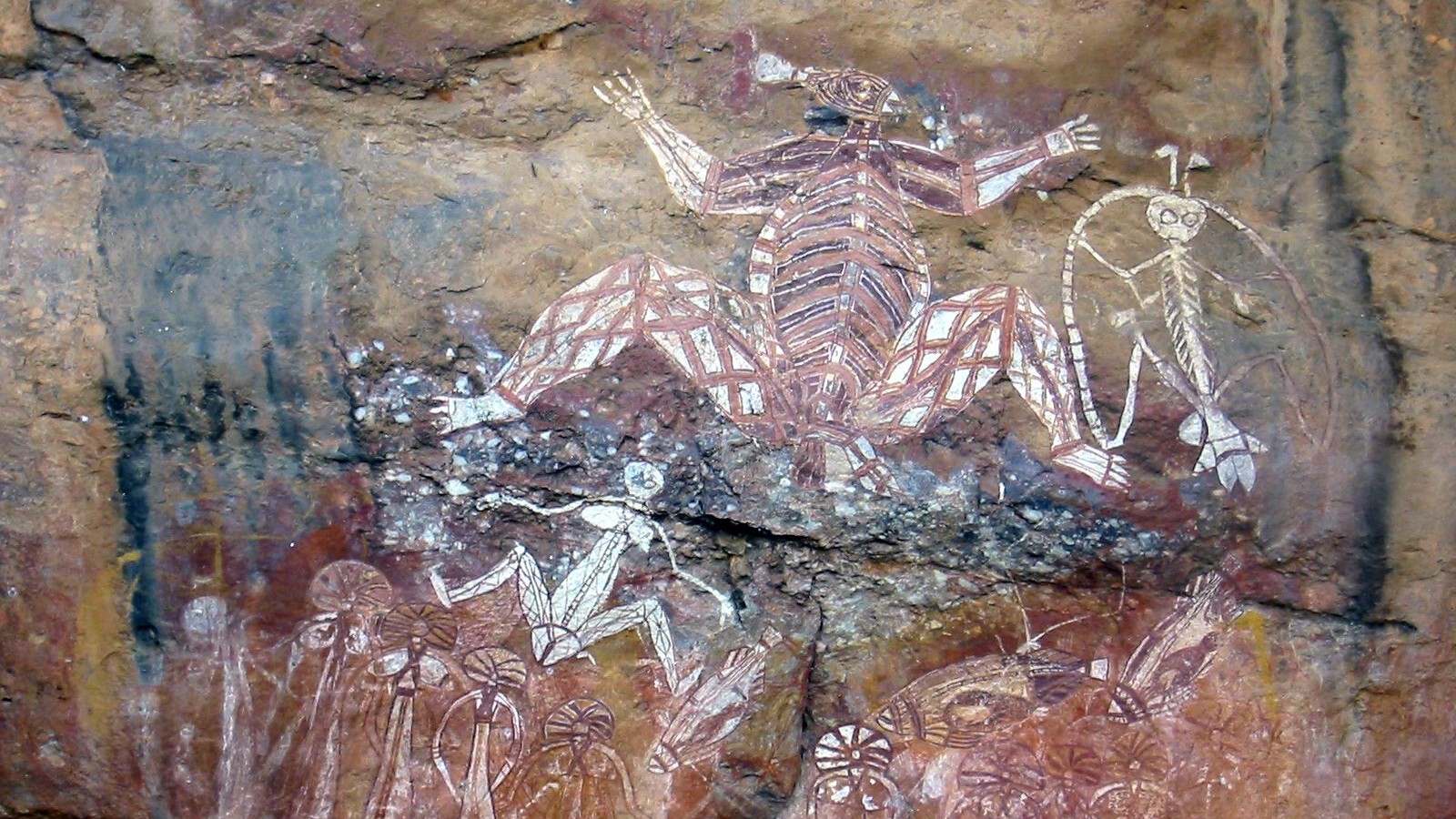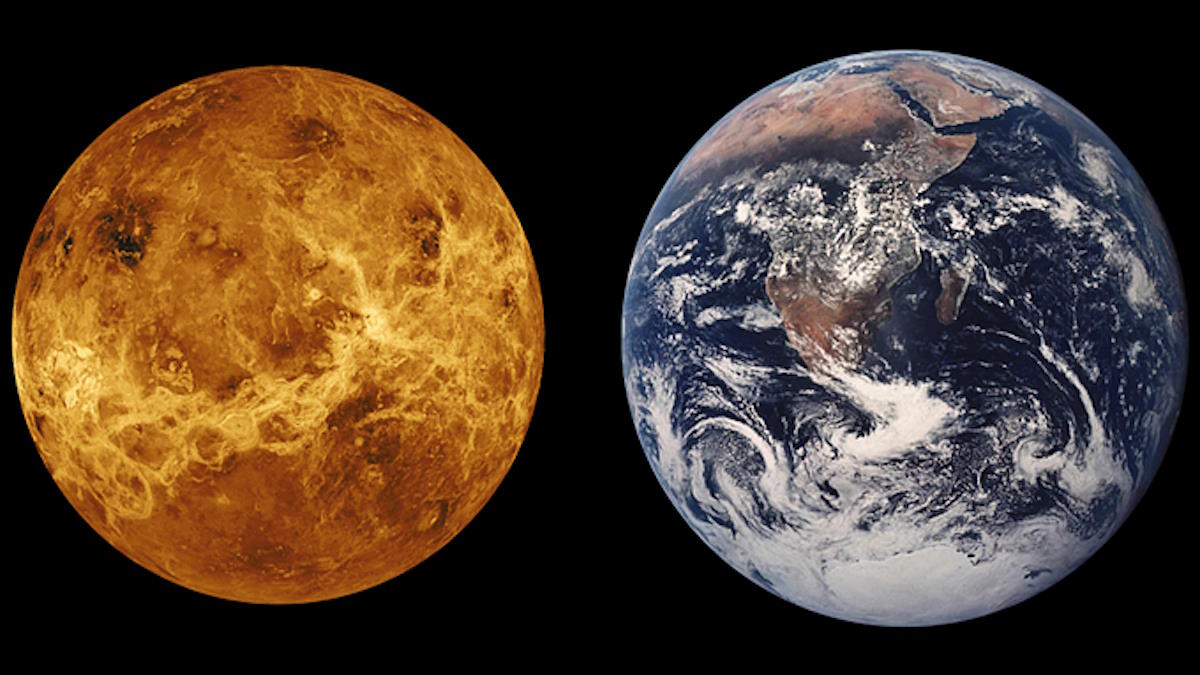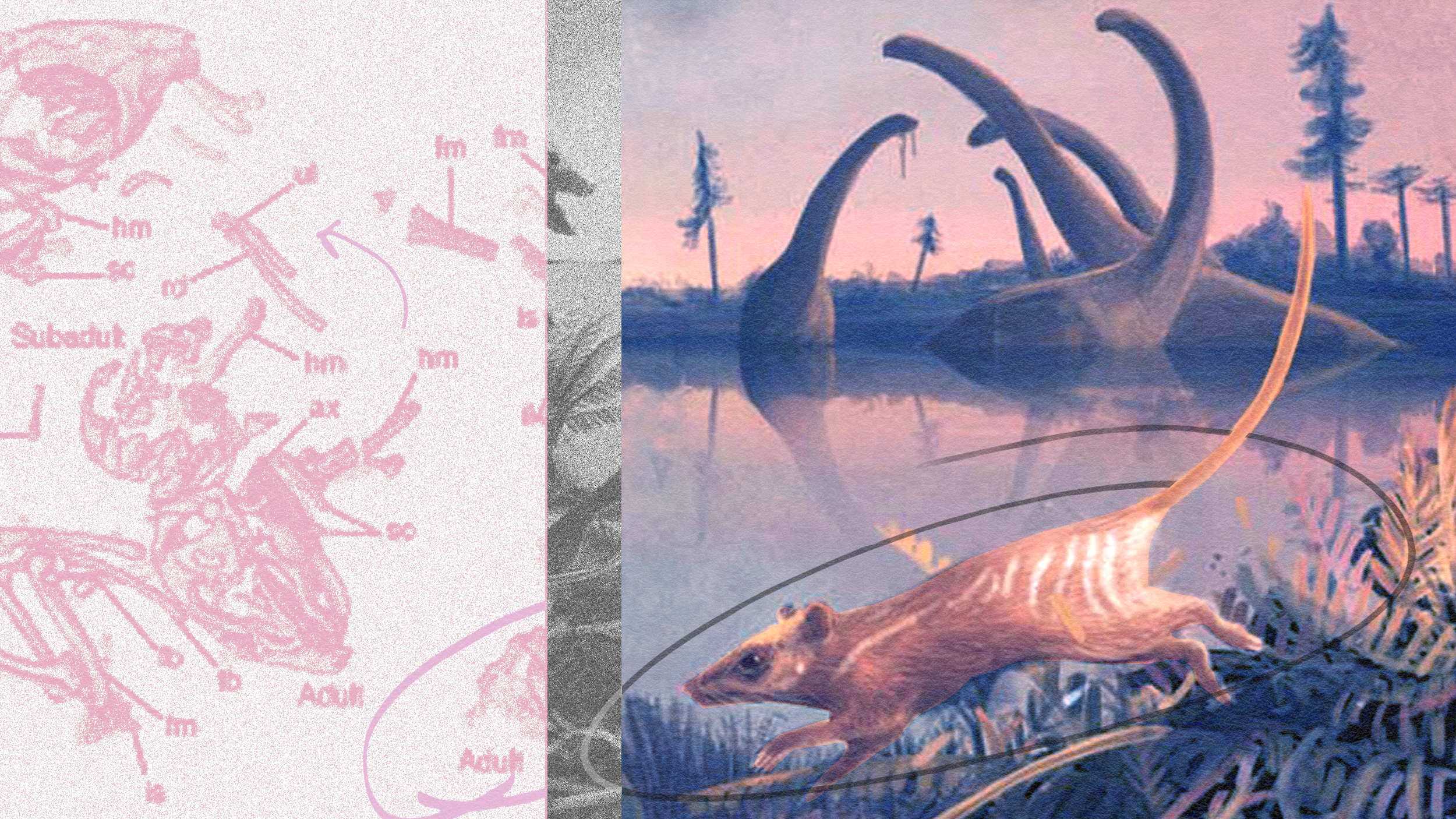The search for worlds outside our solar system has just turned up a planet, TOI-2257 b, with a truly extreme orbit.
Search Results
You searched for: ice
Scientists have long puzzled over how Mars, a cold and dry planet, was once warm enough to support liquid water.
Ultracold gases in the lab could help scientists better understand the universe.
Because there’s not enough Walden pond to go around.
What was this mammoth tusk doing on the ocean floor 150 miles from land?
Peaking on the night of August 11/12, up to 100 bright meteors per hour will be visible. Here’s how to make the most of it.
Philosophers Massimo Pigliucci and Greg Lopez discuss how Stoicism can help us gain perspective on our emotions and act with intention in the world.
Predatory dinosaurs with big skulls tend to have tiny arms. Researchers propose there might be a direct link between those traits.
The crisis of the Anthropocene challenges our traditional narratives and myths about humanity’s place in the world. Citizen science can help.
From here on Earth, looking farther away in space means looking farther back in time. So what are distant Earth-watchers seeing right now?
Yes, the Universe is expanding, but if you’ve ever wondered, “How fast is it expanding,” the answer isn’t in terms of a speed at all.
Mindfulness may be especially useful for gaining more control of your impulses to spend.
A biotech startup has received $15 million in funding to genetically recreate woolly mammoths and rewild them in Siberia.
This marks a historic moment in humanity’s relationship to the planet.
The stars, planets, and many moons are extremely round. Why don’t they take other shapes?
The Schumann resonances are the background hum of the entire planet. But they don’t affect humans in any way.
The Universe is an amazing place. Under the incredible, infrared gaze of JWST, it’s coming into focus better than ever before.
This technological feat changes our cosmic history.
Each December, the Geminid meteor shower puts on a show for skywatchers across Earth. With a new Moon at 2023’s peak, it’ll be outstanding!
Finding out we’re not alone in the Universe would fundamentally change everything. Here’s how we could do it.
The right questions are those sparked from the joy of discovery.
From inside our Solar System, zodiacal light prevents us from seeing true darkness. From billions of miles away, New Horizons finally can.
The structure of our Solar System has been known for centuries. When we finally started finding exoplanets, they surprised everyone.
The dark genome makes up 98% of human DNA. Scientists are just beginning to understand its role in cognitive disorders.
Newborn stars are surrounded only by a featureless disk. Debris disks persist for hundreds of millions of years. So when do planets form?
Rock art in northern Australia depicts marsupial lions, giant kangaroos, and other megafauna that populated the Land Down Under long ago.
Fortune cookies emerged from one of America’s darkest moments.
Out of the four rocky planets in our Solar System, only Earth presently has plate tectonics. But billions of years ago, Venus had them, too.
The Source Family, a radical 1970s utopian commune, still impacts what we eat today.
Although mammals may be the dominant form of life today, we’re relative newcomers on planet Earth. Here’s our place in natural history.


